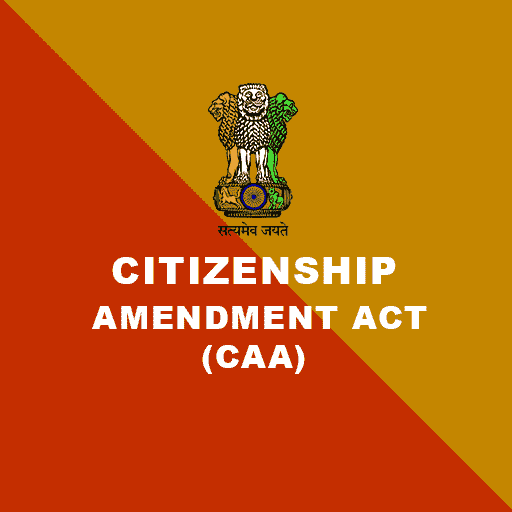Write short note on Gandhi for Swaraj.
Gandhi analysis of the term Swaraj, Gandhi was concerned with distinguishing between the full moral meaning of freedom and the narrow negative meaning of individual or national freedom. As he said, I do not know any word or phrase to answer in English. The root meaning of Swaraj is self-rule.
Swaraj rendered as disciplined rule from within. ‘Independence’ has no such limitation. Independence may mean license to do as you like. Swaraj is positive. Independence is negative. The word ‘Swaraj’ is a sacred word, a Vedic word meaning self-rule and self-restraint and not freedom from all restraints which independence often means.
‘Swaraj’ means that freedom for an individual or a nation does not mean total isolation from others or an abdication of the very sense of a moral obligation towards others who are equally entitled to claim freedom for themselves. Gandhi regarded this right to self-rule or freedom in the very nature of man as an autonomous moral agent, and that society and the continuation of community as dependent upon the effective freedom of individual.
If this freedom is wrested from him, he becomes an automation and society is ruined. No society can be built on the denial of individual freedom. Against the negative liberty of the indiv.idual of Mill, Gandhi emphasized on the moral and social necessity of individual freedom.
Gandhi’s notion of Swaraj is applicable equally to individuals and nations. He repeatedly asserts the connection between the individual and collective self-rule and especially between individual and national freedom. “The first step to Swaraj lies in the individuals.
The great truth—as with the individual so with the universe— is applicable here as elsewhere”. In fact Gandhi gave priority to the individual as a self-conscious agent and refused to accept group. He declared that “Swaraj of people means the sum total of the swaraj of individuals”. Government over the self is the truest swaraj, it is synonymous with moksha or salvation.
In Gandhi’s words, “freedom battles are not fought without paying heavy prices.” Gandhi takes the notion of Swaraj to a higher level when he declares that swaraj, freedom from external intervention is a necessary but not a sufficient condition for the effective and full realization of our liberty which is the product of self-rule. Similarly, national independence by itself is merely a necessary but not a sufficient condition of national self-rule. ‘Self-government’ means continuous effort to be independent of government control whether it is foreign government or whether it is national.
Gandhi was interested in bringing down existing structure of political system based upon violence and exploitation and replace it with a system based upon the willing cooperation of each individual working for the good of man through non-violent methods.
As an alternative view of state, Gandhi talks of a non-state polity. Ideally, he preferred ‘an enlightened anarchy’ under which socially responsible and morally disciplined men and women never harm one another and do not need any polity. But since it was not possible, Gandhi opted for as ‘ordered anarchy’ in which citizens enjoy maximum freedom consistent with minimum necessary order. It will be a state in which sovereignty belongs to everyone who is his own ruler.
The elements of the ‘ordered anarchy’ are non-violent state through village republics, trusteeship, Swaraj and Rarnraj. A truly non-violent state is composed of small self-governing and relatively self-sufficient village communities relying largely on moral and social pressure. Such communities will have their own political structures in the form of panchayat.
Consisting of 5 persons elected by all adults of the village between the age of 18 to 50, panchayat would have legislative, executive and judicial powers and largely rely on its moral authority and the pressure of public opinion to ensure order and harmony. Gandhi hoped that the village community, over a period of time would build up a strong sense of local strength and solidarity, encourage and social responsibility.
By Swaraj, Gandhi meant ‘self-rule’ or true democracy. He insisted that only a polity based upon the principle of small village communities was true democracy. Democracy was based on the recognition of the fundamental fact that men are fully capable of regulating personal and common affairs and are the source of all political power.



